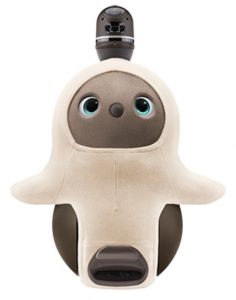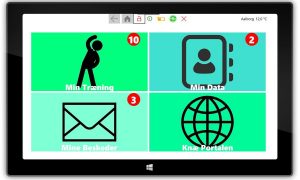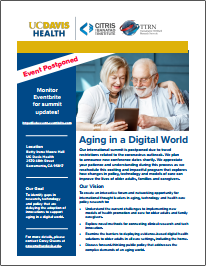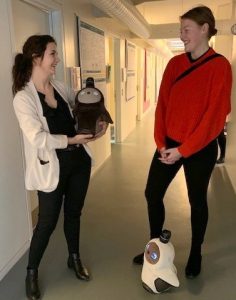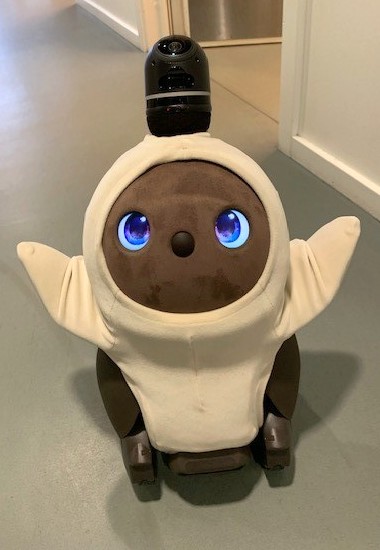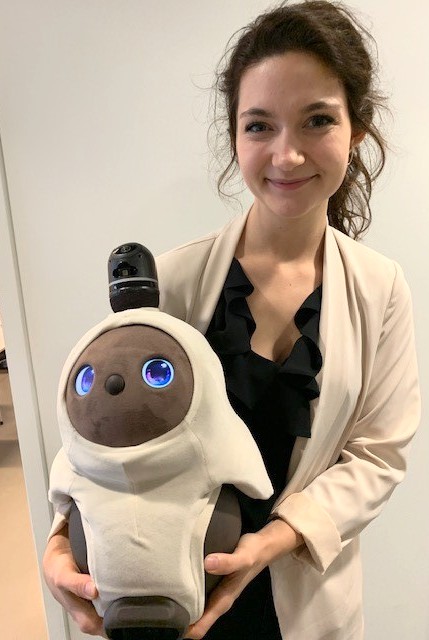Abstract: Brain–computer interfaces (BCIs) can be used in neurorehabilitation; however, the literature about transferring the technology to rehabilitation clinics is limited. A key component of a BCI is the headset, for which several options are available.
The aim of this study was to test four commercially available headsets’ ability to record and classify movement intentions (movement-related cortical potentials—MRCPs). Twelve healthy participants performed 100 movements, while continuous EEG was recorded from the headsets on two different days to establish the reliability of the measures: classification accuracies of single-trials, number of rejected epochs, and signal-to-noise ratio. MRCPs could be recorded with the headsets covering the motor cortex, and they obtained the best classification accuracies (73%-77%). The reliability was moderate to good for the best headset (a gel-based headset covering the motor cortex). The results demonstrate that, among the evaluated headsets, reliable recordings of MRCPs require channels located close to the motor cortex and potentially a gel-based headset.
PDF Version is available here.

